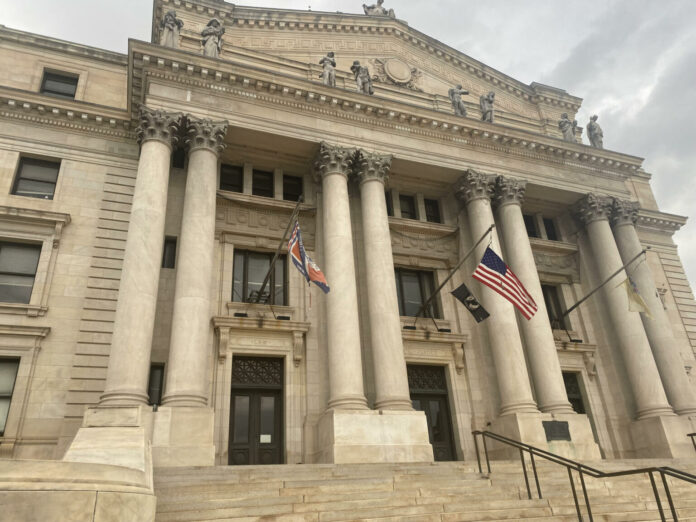The Supreme Court of New Jersey is preparing to take on a significant case that could redefine how far municipalities can go when using eminent domain. The consolidated case, Township of Jackson v. Getzel Bee, LLC and Township of Jackson v. Bellevue Jackson, LLC, has drawn statewide attention for its potential to reshape the interpretation of “public use” under New Jersey law.
At the heart of the dispute is whether a township can legally seize private property not for direct public use, but to exchange it for other land that will serve a public purpose. The outcome could have lasting implications for municipal governments, developers, and private landowners throughout the state.
The case stems from the Township of Jackson’s efforts to condemn two parcels of land—known as Block 21601, Lots 84 and 90—owned by Getzel Bee, LLC and Bellevue Jackson, LLC. Initially, the township passed an ordinance claiming the land would be used for open space preservation, a recognized public purpose. However, after property owners objected, officials approved a second ordinance revealing that the properties were actually part of a land-swap agreement with a private developer. The township maintained that this exchange would ultimately benefit the public by acquiring other parcels for open space.
The property owners challenged the move, arguing that the township’s condemnation lacked a legitimate public purpose because the targeted lots themselves were not designated for any direct public use. The trial court sided with the township, citing local ordinances and prior rulings involving the same land-swap deal.
The Appellate Division, however, overturned that decision, ruling that the township had failed to justify the condemnation. In its opinion, the appeals court emphasized that taking private property solely to trade it for another parcel cannot satisfy the statutory requirement of a “public use.” The court noted that “there is no reported case in New Jersey where private land was lawfully condemned solely for the purpose of being exchanged for other land intended for public use.”
The ruling also highlighted that the ordinances authorizing the condemnation never specified how the seized properties would ultimately serve the public. Although Jackson Township suggested that the developer intended to construct student dormitories nearby, the court found that such assertions were not part of the official record or ordinances.
The New Jersey Supreme Court, which granted certification on September 9, 2025, will now determine the scope of municipal authority under the state’s eminent domain laws. Specifically, the justices will consider whether the property being condemned must itself be used for a public purpose—or whether it can be taken solely as part of a broader exchange that ultimately benefits the public.
The decision could have major implications for how municipalities pursue redevelopment projects and negotiate land swaps with private entities. A ruling in favor of Jackson Township could expand the flexibility of local governments in managing land-use initiatives, while a decision siding with the property owners could impose tighter limits on when eminent domain can be invoked.
Eminent domain has long been a politically charged issue in New Jersey, with debates over how much power towns should have to seize private land for redevelopment or public benefit. Property rights advocates argue that overly broad interpretations of “public use” open the door to abuse, while municipalities contend that land acquisitions are often necessary to achieve community goals such as open space preservation, infrastructure improvements, or affordable housing.
Oral arguments before the Supreme Court have not yet been scheduled, but the outcome is expected to set a new precedent that will guide local governments for years to come. As municipalities, property owners, and developers await the court’s review, the case stands as a pivotal moment in the ongoing balance between private rights and public needs in the Garden State.
For continuing coverage of this and other political and legal developments across New Jersey, visit Explore New Jersey’s Politics section.












